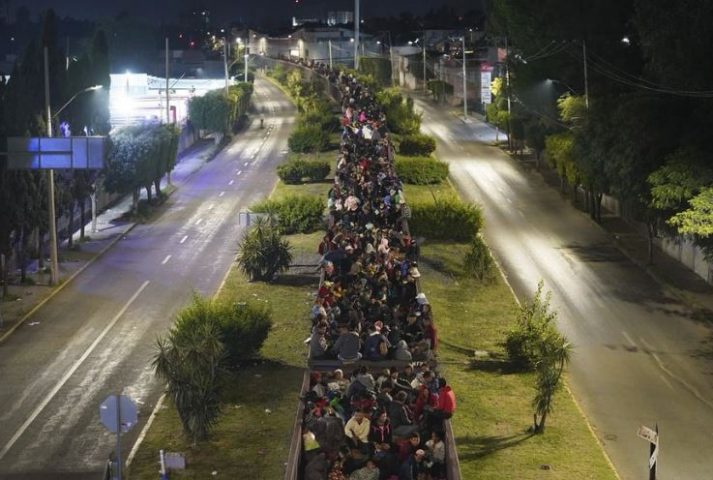The Church’s social doctrine is therefore of a theological nature, specifically theological-moral, “since it is a doctrine aimed at guiding people’s behavior.” “This teaching … is to be found at the crossroads where Christian life and conscience come into contact with the real world. [It] is seen in the efforts of individuals, families, people involved in cultural and social life, as well as politicians and statesmen to give it a concrete form and application in history.” In fact, this social doctrine reflects three levels of theological-moral teaching: the foundational level of motivations; the directive level of norms for life in society; the deliberative level of consciences, called to mediate objective and general norms in concrete and particular social situations. These three levels implicitly define also the proper method and specific epistemological structure of the social doctrine of the Church.1
“Erga Migrantes Caritas Christi”: On the Church’s Social Doctrine and Immigration, by Eduardo Echeverria

WATCH Tucker Carlson: What’s Happening at the Southern Border Isn’t Just an Invasion, But a CRIME
October 13, 2023
Israeli Airstrike Destroys Planned Parenthood Abortion Center, by Steven Ertelt
October 13, 2023
By Eduardo Echeverria, Catholic World Report, October 11, 2023
Eduardo Echeverria is Professor of Philosophy and Systematic Theology at Sacred Heart Major Seminary in Detroit. He earned his doctorate in philosophy from the Free University in Amsterdam and his S.T.L. from the University of St. Thomas Aquinas (Angelicum) in Rome.





